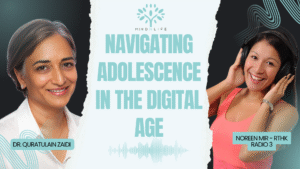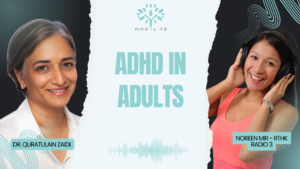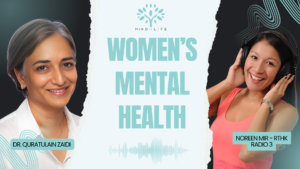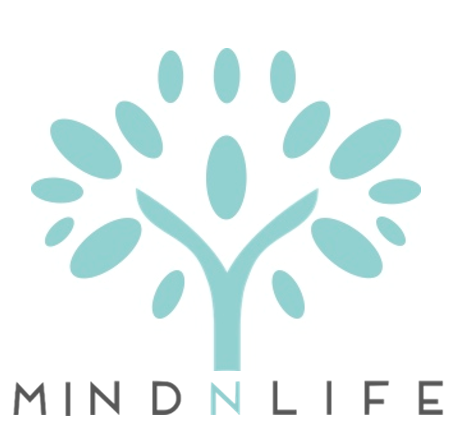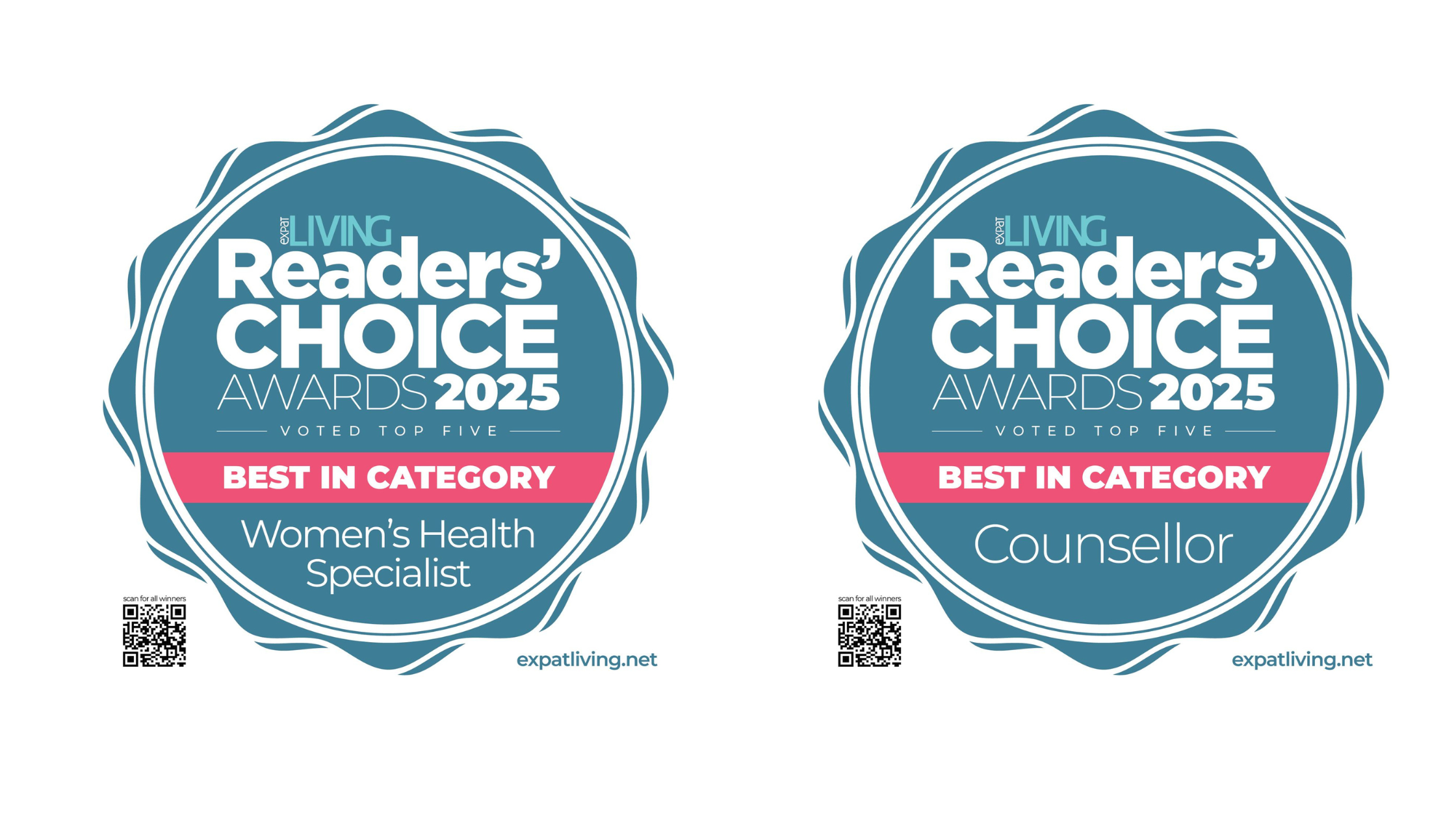As children, we start out helpless and powerless. When we are just born, we are fully reliant on our caregivers for nourishment, safety, and survival. These caregivers can be parents, grandparents, older siblings, extended family members, teachers, or other guardians. We instinctively attach to these caregivers with all our trust.
As we grow, our brains continuously develop to integrate new information and understand how the world works. It is in this time that we start to learn how to engage with the world and the people around us. Many of these early relationships, especially with our primary caregivers, inform our concept of love and safety, and what we can expect from other people.
In an ideal environment, children are provided with safety, stability, nurture, understanding, acceptance, healthy boundaries, and love. However, if our environment is unstable, unsafe, rejecting, abusive, negligent, or invalidating, we may feel fearful, confused, or ashamed. When we experience traumatic events in childhood, we do not have the coping resources to deal with intense emotions and reactions, leaving us feeling overwhelmed, and powerless. Over time, we may develop negative beliefs about ourselves, such as that we are not good enough, worthless, incapable, or unlovable, or we may believe that the world is a dangerous place and people are not trustworthy. We may also develop ambivalent relationships with our caregivers if the people we love are also the ones who abuse, neglect, or humiliate us. These foundations show up later in adulthood in various areas, including our relationships, our career, and our self-esteem.
Traumatic experiences in childhood
can also have significant and, often, lasting impact on our developing brains. During distressing or traumatic situations our survival mode is activated. Our brains alert us to a threat in our environment, fill us with fear, flood us with adrenaline, and trigger fast fight-flight (or freeze-fawn) reactions with the aim for helping us to survive. Significant isolated traumatic events or repeated trauma activations can impact our brain connectivity and structure, changing communication and size of various regions. For example, the amygdala, our emotion centre of the brain, may increase while our cortical areas, our control areas of the brain, may decrease in size. This has been linked to enhanced emotional reactivity and decreased emotional regulation in adulthood. Thus, brain changes resulting from childhood trauma can impact our feelings and behaviours well into adulthood.
Many of the effects of childhood trauma interfere with our wellbeing in adulthood in subconscious ways. However, with therapy our negative beliefs, distress, brain and physical changes, and dysfunctional behaviours resulting from past trauma can be changed in ways that benefit us.
Written by Dr Esslin Terrighena.
To find out more how trauma therapy can help you achieve your full potential and improve your mental health, please book a consultation on (852) 2521 4668 or [email protected].


